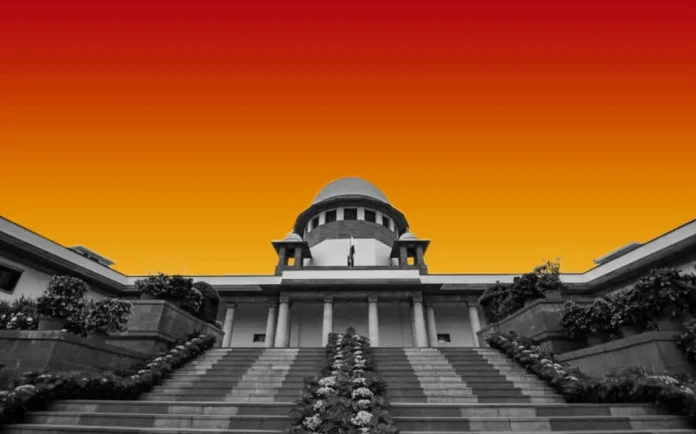The Supreme Court has set aside the Bombay High Court’s decision to suspend the life sentence of gangster Rajendra Sadashiv Nikalje, widely known as Chhota Rajan, in connection with the 2001 murder of Mumbai hotelier Jaya Shetty.
A bench of Justices Vikram Nath and Sandeep Mehta allowed the Central Bureau of Investigation’s (CBI) plea challenging the High Court order. During the proceedings, the judges questioned how a convict with a serious criminal track record could be given such relief. Justice Mehta observed that the suspension of sentence in Rajan’s case was not justified, especially since this was not his first conviction for a serious offence.
Rajan’s counsel had argued that out of the 71 criminal cases registered against him, he had been acquitted in 47, while in several others the CBI had filed closure reports. However, the apex court noted that his involvement in multiple grave crimes could not be overlooked. Importantly, this was his second conviction in a murder case, which weighed heavily in the Court’s decision to cancel the bail.
The case dates back to May 4, 2001, when Jaya Shetty, owner of the Golden Crown Hotel in South Mumbai, was shot dead by two members of Rajan’s gang. The killing allegedly followed his refusal to comply with an extortion demand of ₹50,000. Evidence presented during trial indicated that Shetty had earlier been threatened by Rajan’s syndicate. Two months before the murder, the police protection provided to him was reportedly withdrawn, leaving him vulnerable.
In June 2024, a Special Court under the Maharashtra Control of Organised Crime Act (MCOCA) convicted Rajan of offences under Sections 302 (murder) and 120-B (criminal conspiracy) of the Indian Penal Code, along with various provisions of MCOCA. He was sentenced to life imprisonment and fined cumulatively for different charges. The court also ruled that in case of default in paying the fines, he would undergo additional simple imprisonment.
Rajan, who was deported from Bali to India in 2015, is already serving a life sentence in the 2011 murder of journalist Jyotirmoy Dey. The Supreme Court’s latest ruling ensures that he will continue to remain behind bars without the benefit of suspended sentence in the Shetty case.
The order underscores the judiciary’s unwillingness to show leniency towards habitual offenders involved in organised crime and sends a strong message about accountability in cases of contract killings and extortion.


